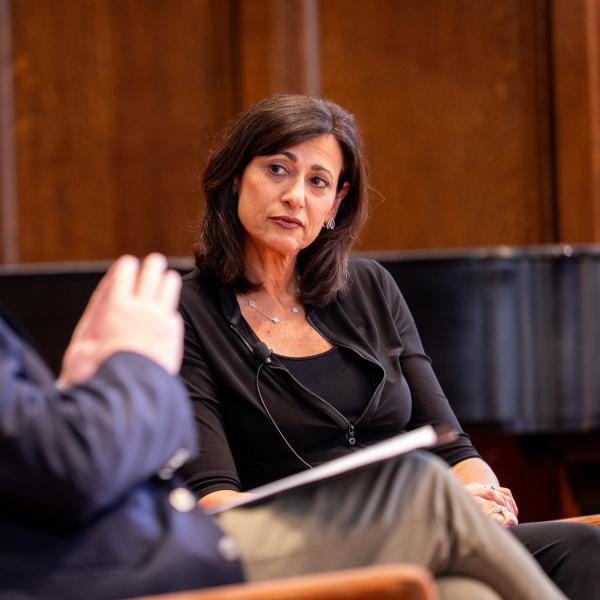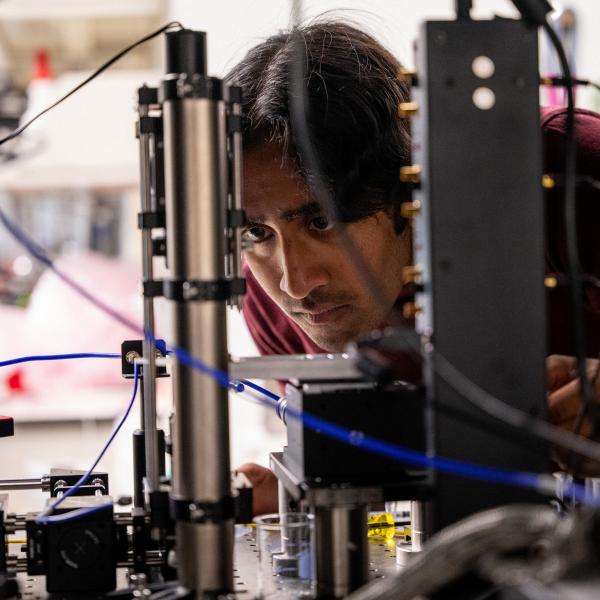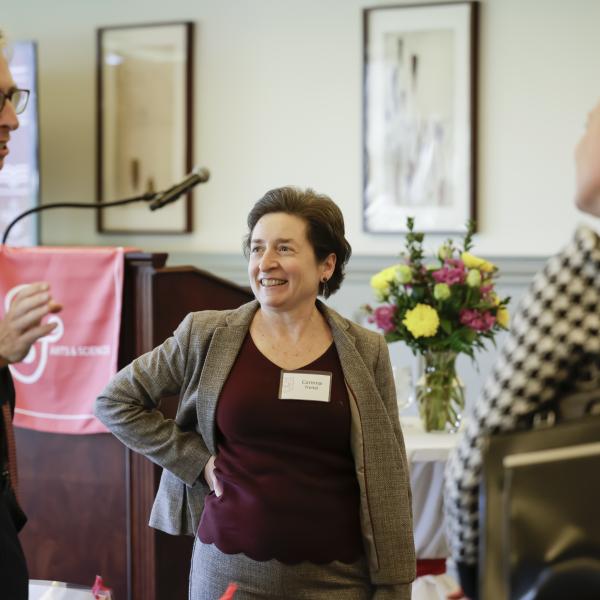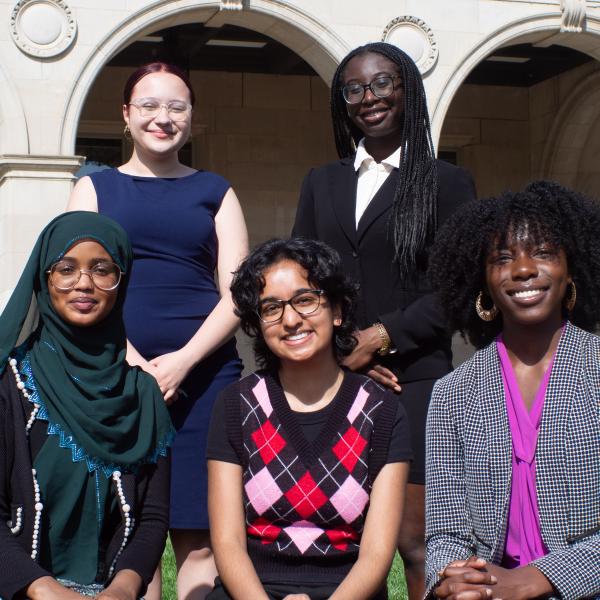“What’s your major?” has to be one of the most-asked questions students face when going home to see family and friends. Luckily, the College of Arts & Sciences wants to help students find the answer. On Sept. 19, the College is hosting the annual Major Minor Fair from 3-4:30 p.m. in the Gargoyle and Schoenberg Gallery (downstairs in the Mallinckrodt Center). The fair will feature representatives from over 90 major and minor programs in Arts & Sciences, 2nd majors and minors from Business, Engineering, and Sam Fox, and the 3-2 programs in Business, Occupational Therapy, Public Health, and Social Work.
For students who already know what they plan to study, representatives from Undergraduate Research, Overseas Programs, the Career Center, the Praxis Program, and the Skandalaris Center will be on hand to discuss ways to dive even more deeply into areas of study with meaningful experiences.
“The event is designed to help first-year and sophomore ArtSci students explore the possibilities,” says Matt DeVoll, an assistant dean in the College office and the organizer of the event. “First-year students should go to the event in the spirit of discovering what's available to them, and sophomores should attend to find more information as they narrow down their decision in preparation for their deadline to declare a major, Feb. 10, 2017.”
This year, attendees will also notice a number of new areas of study to consider, including a minor in Asian American Studies, a major in Korean (formerly only a minor), and the major and minor in sociology, which should be available soon. Also worth noting are the major in cognitive neuroscience in psychological and brain sciences, the concentration in international affairs (part of the international and area studies major), and the minor in the medical humanities, which are all going into their second year.
The College has offered the Major Minor Fair for over 10 years now, and DeVoll says it’s been a great tool for students who are still shaping their academic track—whether or not they have committed to a particular major. “ArtSci students should see the first three semesters as a time to explore fields of study,” says DeVoll, “and even once they have declared a major, they can change.”
Though many students come to college with an idea of what they want to study, others find the process of declaring a major very difficult. With pressure from family and peers, many students see a major as a way to define oneself and one’s future career path, and some struggle with finding an area of study that contains all of their interests. And to them, DeVoll says: That’s okay. “Your major is an important part of your academic experience, but it’s only part of the experience.”
“Most majors are only one-fourth to one-third of the total courses a student takes,” he says. “General education courses and electives, not to mention experiences like student activities, internships, research, and community service are also incredibly important components of the whole ArtSci experience. When students combine these elements, they create a unique college experience and open doors to meaningful opportunities after they graduate.”
So what advice does DeVoll have for students still searching for their major? “Study what you love.”
“I majored in English literature, but also took a number of education courses, worked as a writing tutor, and did stage crew for student theater productions. I think all of these experiences shaped who I am and prepared me to be a teacher, advisor, and administrator, who now puts on productions like the Major Minor Fair.”



